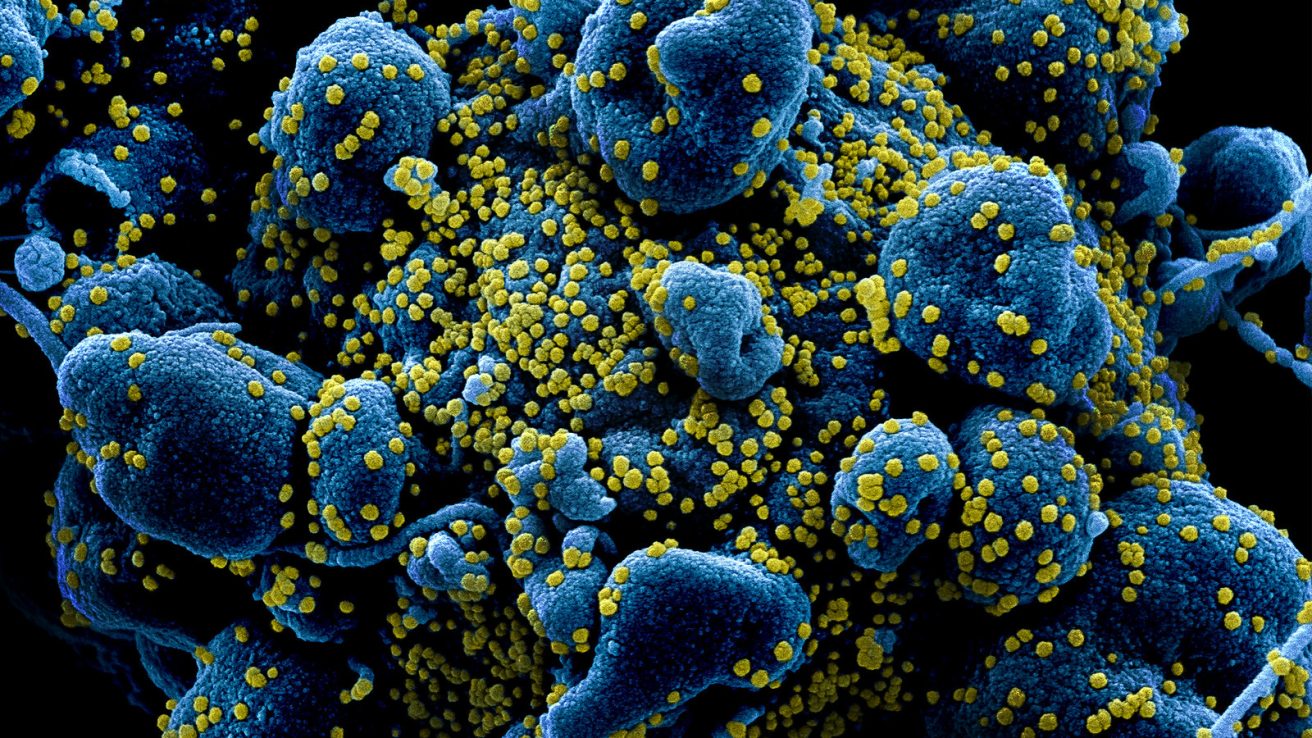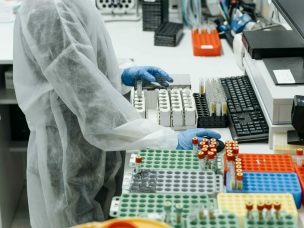Message from the National MS Society:
We are closely watching the coronavirus (COVID-19) situation and taking action as we all move through this uncharted territory. The most recent guidance from the Centers for Disease Control and Prevention (CDC) about in-person gatherings has a significant impact on all we had planned for the next couple months—from fundraising events to programs to advocacy activities. But this will not stop us from being here for people with MS and fueling breakthroughs. We are finding new and creative ways to make sure everyone involved in the MS movement has a way to connect, to feel supported and informed and to raise funds and awareness—no matter where you are. Stay tuned for information about exciting virtual opportunities.
What is COVID-19?
Coronavirus disease 2019 (COVID-19) is a respiratory illness that can spread from person to person. The virus that causes COVID-19 illness is a new coronavirus (a type of virus that causes respiratory infections) that was first identified in Wuhan, China in December 2019. Since then, there has been worldwide spread of COVID -19 to nearly every continent. Initially spread appeared to be from those who had traveled from Wuhan, China to other parts of the world. However, at this time it is known that COVID-19 is affecting individuals who have not traveled or have had any contact with travelers. This is considered “community spread.”
What are the symptoms of COVID-19?
Most people who contract COVID-19 will have mild symptoms, but some people will have more severe symptoms. Symptoms can include fever, cough and difficulty breathing (shortness of breath).
How does COVID-19 spread?
COVID-19 can be spread from person to person; particularly if there is close contact (within 6 feet) with someone who is infected. This spread occurs from respiratory droplets produced when the infected person coughs or sneezes directly on another person. COVID-19 can also spread when droplets (from coughs, sneezes or contaminated hands), land on surfaces and another person touches the contaminated surface with their hands and then touches their nose, mouth or possibly eyes with their hands. Spread is more likely when groups of people congregate together.
Are MS patients considered a “higher – risk” group?
The CDC identifies certain conditions as placing people at “higher risk” for infection or complications from COVID-19. This includes people with neurological conditions, such as MS. MS itself does not increase the risk of getting COVID-19, however, certain factors associated with your MS may increase your risk of infection or complications:
- Taking certain disease modifying therapies
- Chronic medical conditions, such as lung disease or cardiac disease
- Significantly restricted mobility, such as needing to spend most of your day seated or in bed
- Age 60 or older
Sometimes, the body’s response to infections, including COVID-19, may cause a temporary worsening of MS symptoms. For example, one may have more trouble with fatigue, thinking, mobility, vision or other symptoms. Typically, these symptoms settle down once the infection clears up. Patients experiencing new MS symptoms or with concerns about any of MS symptoms should please contact their MS healthcare provider.
How can I help protect myself and others?
There are actions you can take to help prevent the spread of respiratory viruses, including COVID-19.
These include:
- Wash your hands often with soap and water for at least 20 seconds. Use an alcohol-based hand sanitizer that contains at least 60% alcohol if soap and water are not available.
- Avoid touching your eyes, nose, and mouth.
- Cover your cough or sneeze with a flexed elbow or tissue, then throw the tissue in the trash.
- Clean and disinfect frequently touched objects and surfaces.
- Practice ‘social distancing’. Based upon recommendations from President Trump, social distancing means avoiding gatherings (greater than 10 people) and maintaining distance (approximately 6 feet) from others when possible.
Stay home and contact your primary care provider if you develop symptoms of COVID-19, have been in close contact with a person known to have COVID-19, or if you have recently traveled from an area with widespread or ongoing community spread of COVID-19.
Feel free to share this article with any friend, patient, or family member with MS and visiit https://www.nationalmssociety.org/ for more information.
Follow @MDNewsline on IG, Twitter, and Facebook










